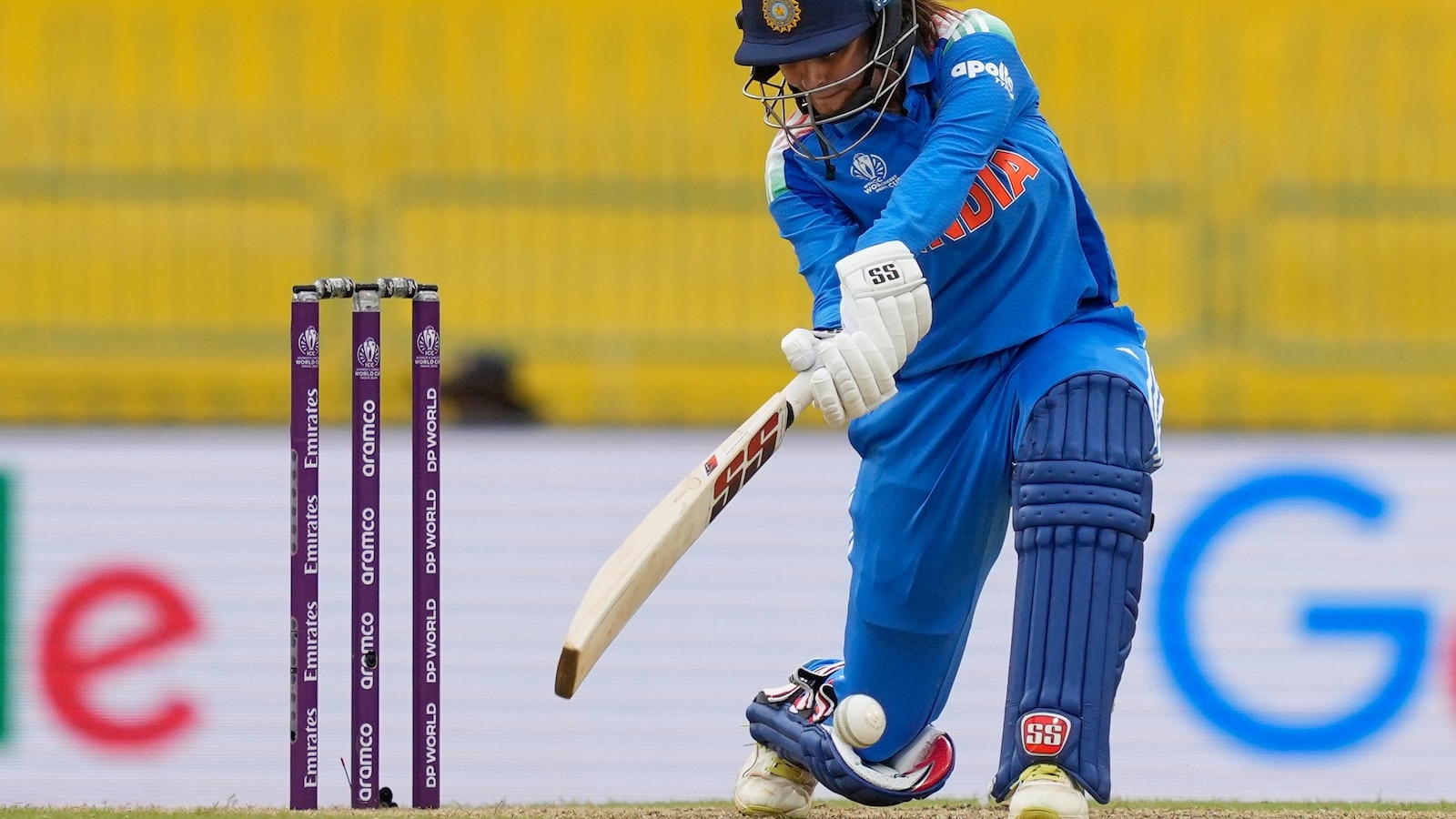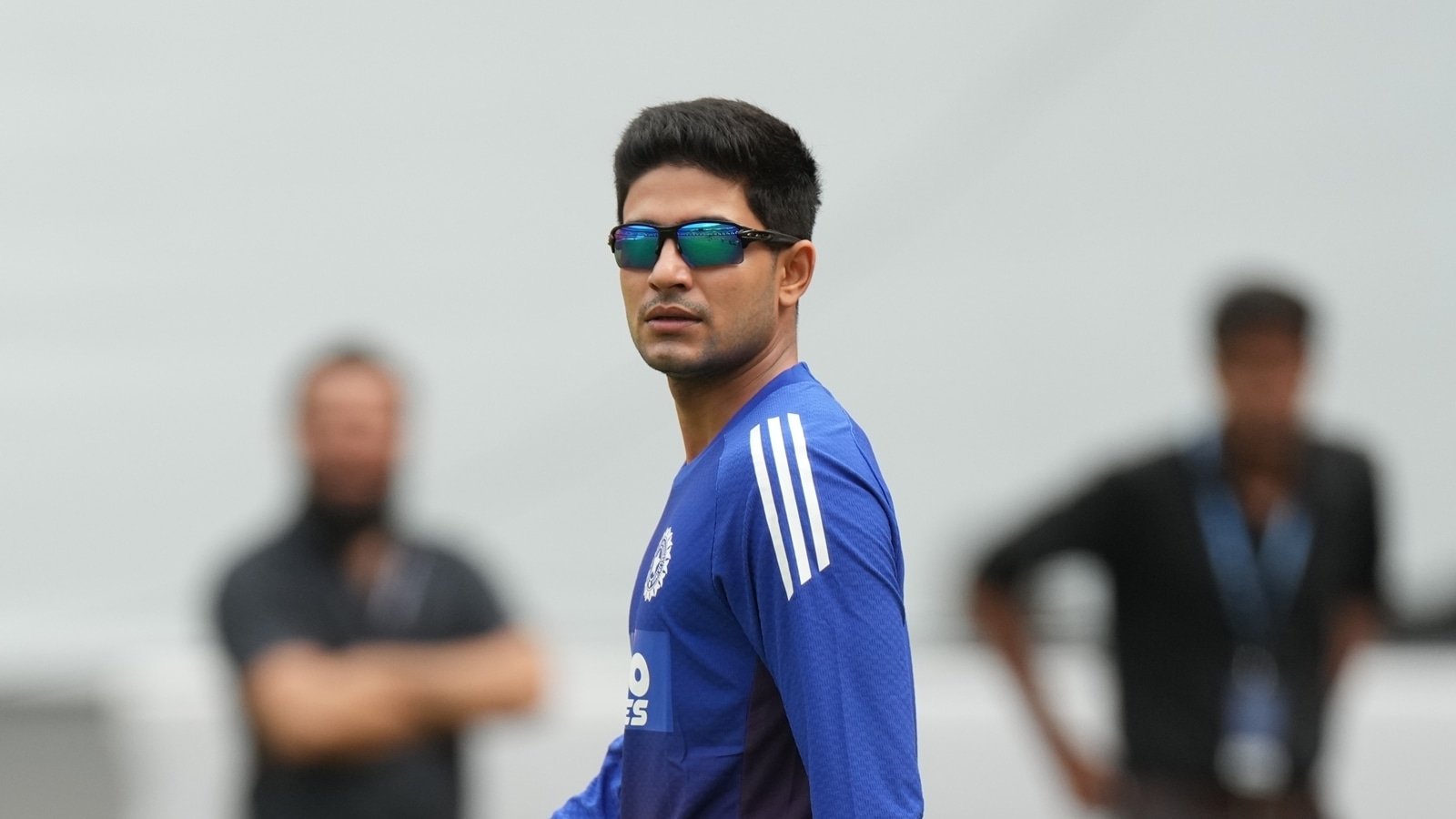Former England captain calls out India-Pakistan scheduling in ICC events: 'Cricket is now a proxy for propaganda'

Former England captain Michael Atherton has urged the ICC to increase transparency in tournament draws and reduce India-Pakistan matches. His call follows political controversies during the 2025 Asia Cup, where the consistent grouping of these teams is driven by significant economic interests. Atherton argues this commercial exploitation is unjustified, advocating for transparent draws regardless of match frequency.India's captain Suryakumar Yadav, left, and Pakistan's captain Salman Agha stand (AP Photo/Altaf Qadri)Former England captain Michael Atherton has called on the International Cricket Council (ICC) to increase transparency in its tournament draw system, suggesting a reduction in India-Pakistan matches. His comments follow the controversies during the 2025 Asia Cup. The recent men's Asian tournament was marked by political undertones, influenced by the terror attack and border conflicts between the two nations. Both the Board of Control for Cricket in India (BCCI) and the Pakistan Cricket Board (PCB) were involved in these disputes.'Can't tell that on camera': Tilak Varma on heated moments during Asia Cup final vs PakistanIndia and Pakistan have consistently been placed in the same group at ICC events for many years. The ICC's group selection process remains largely unexplained, unlike other major sporting tournaments. The cricket governing body reportedly ensures these teams share the same group to guarantee at least one India-Pakistan match per tournament. The Asia Cup takes this further, with its format designed to potentially create three such matches within a month, as seen in the latest edition. The Asian Cricket Council (ACC) relies heavily on the revenue from these matches to support grassroots cricket development in the region, making it a complex issue to address. "Despite its scarcity (maybe, in part, because of its scarcity) it is a fixture that carries huge economic clout, one of the main reasons why the broadcast rights for ICC tournaments are worth so much — roughly $3 billion for the most recent rights cycle (in) 2023-27," Atherton wrote in his column for The Times. "Due to the relative decline in the value of bilateral matches, ICC events have grown in frequency and importance, and so the India and Pakistan fixture is crucial to the balance sheets of those who would not otherwise have any skin in the game. " "If cricket was once the vehicle for diplomacy, it is now, clearly, a proxy for broader tensions and for propaganda. There is little justification, in any case, for a serious sport to arrange tournament fixtures to suit its economic needs and now that the rivalry is being exploited in other ways, there is even less justification for it. For the next broadcast rights cycle, the fixture draw before ICC events should be transparent and if the two teams do not meet every time, so be it," Atherton added. These matches between India and Pakistan generate significant economic value, particularly for ICC tournaments. The broadcasting rights for these events command substantial fees, with the current cycle (2023-27) valued at approximately $3 billion. Recent events at the Asia Cup have highlighted the increasing intersection of cricket and geopolitics between these nations. The tournament saw multiple controversies and political statements from both sides.End of ArticleFollow Us On Social Media









